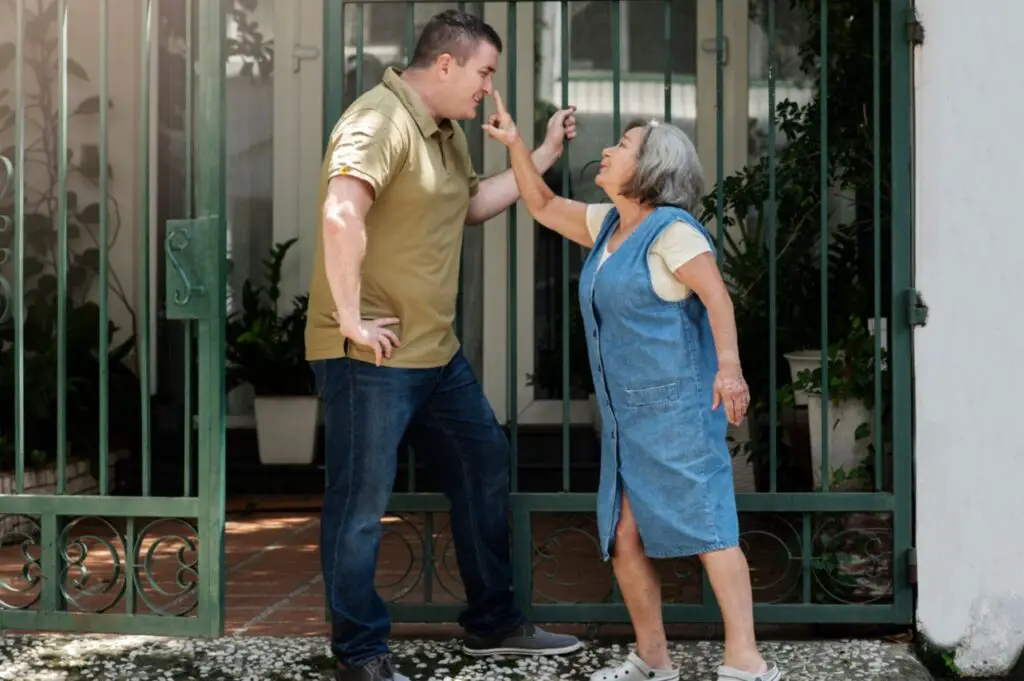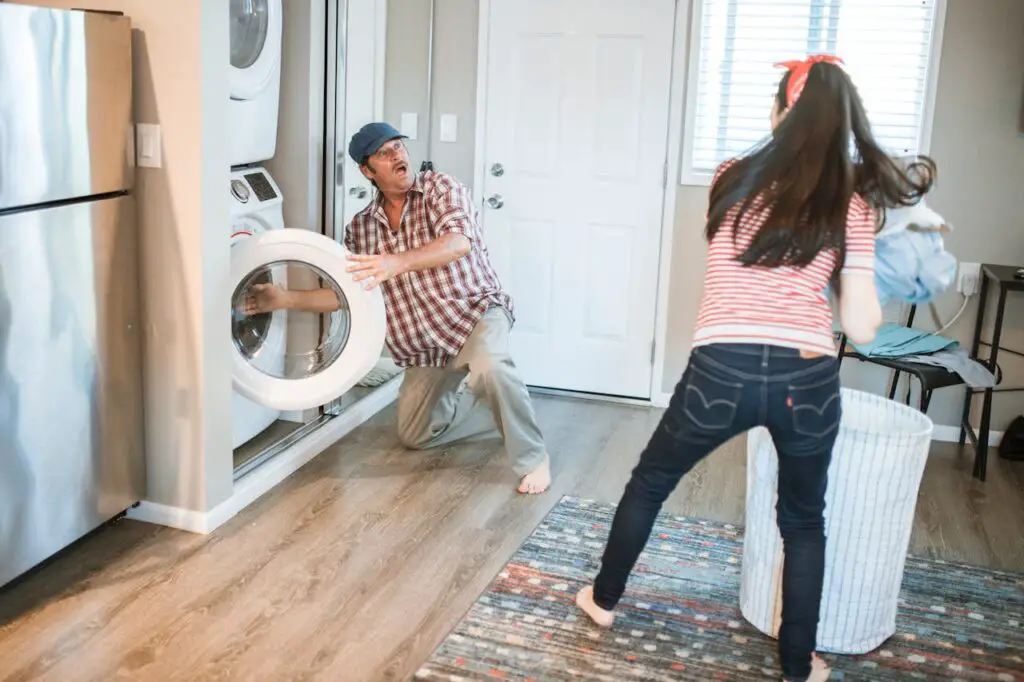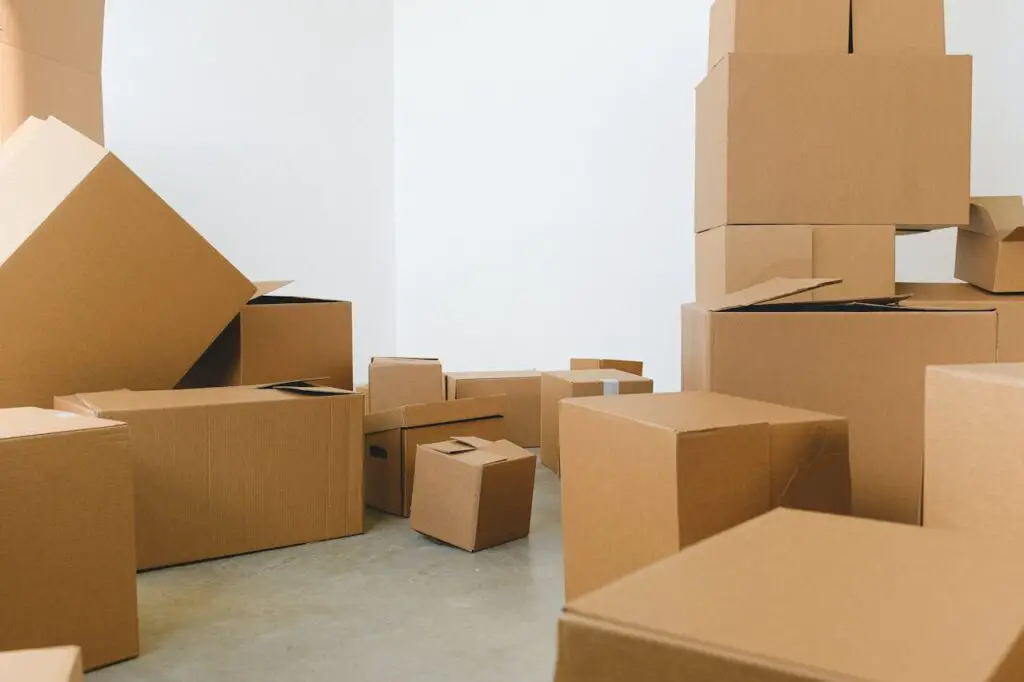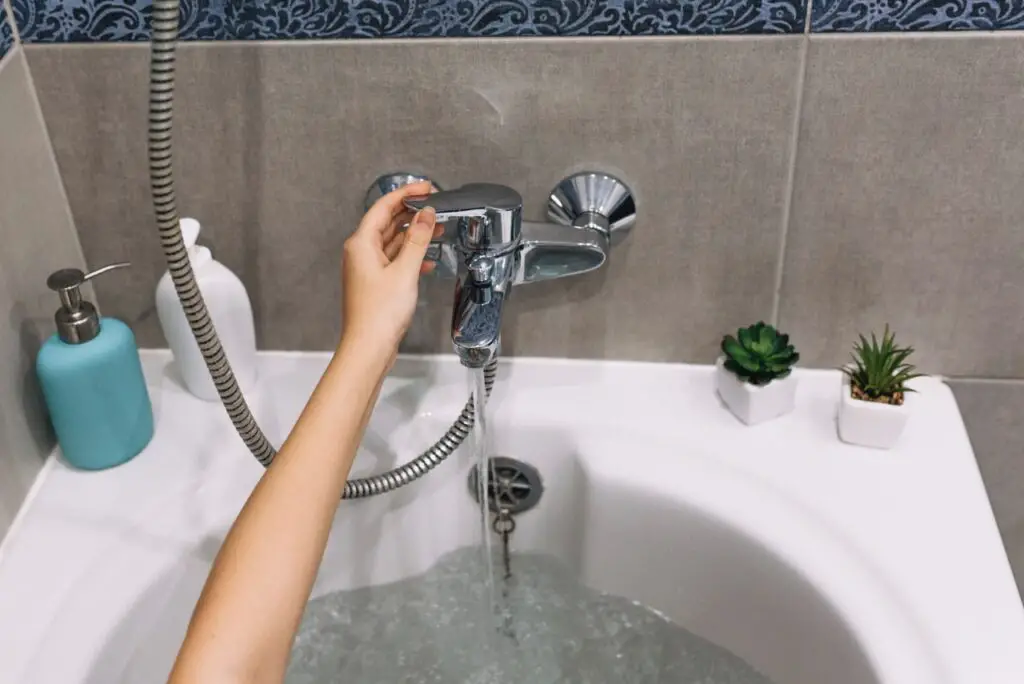10 Habits That Make You a Bad Apartment Neighbor (And What to Do Instead)

Let’s face it—apartment living has its perks. You don’t have to mow the lawn, fix the roof, or shovel snow (hallelujah!). For many baby boomers, downsizing into an apartment means less maintenance and more freedom. But there’s one trade-off: shared walls, ceilings, and floors. Suddenly, your private world isn’t so private anymore.
Whether you’re a longtime tenant or new to apartment life, how you behave in a shared living environment can make all the difference. You don’t need to bake cookies for the entire building (though it wouldn’t hurt), but you also don’t want to be that neighbor—the one everyone whispers about when the elevator doors close.
So before you unknowingly step on any neighborly toes, let’s take a look at 10 habits that make you a bad apartment neighbor—and what you can do to be a better one.
1. Playing the Volume Game: Loud Music, TV, or Phone Calls

Love your Motown hits or crime drama marathons? Great. But if your walls are shaking or your phone calls are echoing through the hallway, your neighbors aren’t likely enjoying the concert or the plot twists. Sound carries in apartment buildings more than you think—especially in older buildings with thin walls or hardwood floors.
What to do instead: Use headphones, place rugs on hard floors to absorb sound, and keep volume low—especially during quiet hours (usually after 10 p.m.). It shows consideration and helps avoid awkward hallway encounters.
2. Letting Your Dog Be the Building DJ (Barking Edition)

A barking dog is natural—but constant barking is a top complaint in many apartment buildings. Whether your furry friend gets anxious when you’re away or just loves to make announcements, the noise can quickly wear thin for neighbors who work from home, have grandchildren visiting, or simply value peace and quiet.
What to do instead: Train your pet to reduce barking, leave toys to keep them occupied, or consider a dog-walker if you’re gone for long periods. If all else fails, talk to your vet or a trainer. A quieter pet is better for everyone—especially you.
3. Being a Laundry Room Offender

If your building has a shared laundry room, there are unspoken rules. Leaving your wet clothes in the washer for hours, using all the machines at once, or failing to clean the lint trap can drive even the calmest neighbor up the wall. Respect for shared spaces is non-negotiable.
What to do instead: Set a timer for your laundry, remove it promptly, and clean up after yourself. Bonus tip: Don’t start a load right before leaving the building. Everyone deserves clean clothes—and common courtesy.
4. Ignoring Pet Cleanup Responsibilities

Walking your dog is great exercise for both of you, but not cleaning up after them is a fast track to becoming that neighbor. Aside from being gross, it’s inconsiderate and possibly against building rules. Plus, if you leave a mess in shared areas, someone will eventually step in it—and trust us, they’ll remember it was you.
What to do instead: Always carry bags and dispose of waste properly. Even if it’s a small mess or you think no one saw, do the right thing. A clean path is a friendly path.
5. Hosting Loud or Frequent Gatherings

Dinner parties, birthday celebrations, or game nights are part of a well-lived life. But if your neighbors can hear every punchline or your guests are crowding the hallway with laughter and pizza boxes, it’s probably time to scale it back.
What to do instead: Let nearby neighbors know if you’re having guests over and keep noise levels respectful. Better yet, invite them! Turning a potential annoyance into a friendly connection can make a world of difference.
6. Treating the Hallway Like a Storage Unit

Those golf clubs, seasonal wreaths, or Amazon boxes may have nowhere to go—but the hallway isn’t the solution. Storing personal items outside your unit not only clutters the space, but it’s also a fire hazard and a potential violation of building rules.
What to do instead: Keep personal belongings inside your apartment or use a designated storage unit if one’s available. Clean, clear hallways show respect for shared space and reduce tripping risks for everyone.
7. Smoking Indoors (Or on the Balcony)

Even if you’re allowed to smoke in your apartment, your neighbors may still smell it. Smoke can travel through vents, cracks, and windows, affecting those with asthma, allergies, or simply sensitive noses. Balcony smoking might seem harmless, but drifting smoke is still drifting smoke.
What to do instead: Choose outdoor areas far from shared windows or opt for smoke-free alternatives. And if your building has a no-smoking policy, follow it to the letter. Breathing easy is a universal neighborly wish.
8. Leaving Trash or Recycling Where It Doesn’t Belong

Dragging your trash bag halfway to the chute and leaving it in the hallway “for later” is a classic faux pas. It can smell, leak, attract pests, and ruin the hallway for everyone else. Same goes for leaving oversized boxes by the door or not breaking them down in the recycling area.
What to do instead: Take out your trash promptly and completely. If you have bulky items, find out your building’s disposal rules. A clean building starts with each resident doing their part.
9. Ignoring Maintenance Issues Until It’s Too Late

That slow-draining tub, flickering light, or leaky faucet might not seem urgent—but left unchecked, it can become a big (and expensive) problem for you or the neighbor below. Water damage in particular can spread quickly, causing mold and costly repairs.
What to do instead: Report problems to your landlord or building manager as soon as you notice them. It protects your home, your neighbors, and your wallet.
10. Being the Source of Gossip or Drama

Some apartment buildings can feel like small towns—everyone knows each other, for better or worse. But constant gossip, passive-aggressive notes, or complaints whispered behind closed doors create a toxic atmosphere that no one enjoys.
What to do instead: Be direct, kind, and solution-focused. If you have a concern, address it calmly or bring it to management. And remember: everyone’s doing their best. A smile and a simple “good morning” can go a long way.
Final Thoughts

Living in an apartment isn’t just about downsizing square footage—it’s about upgrading your sense of community. For many baby boomers, this chapter of life is about comfort, simplicity, and connection. Being a considerate neighbor ensures you’ll enjoy not just your home, but the people who live around you.
You don’t need to be perfect, just aware. Little things—like turning the TV down or cleaning up after your pet—can mean the world to the person next door. And who knows? The friendly neighbor you’re kind to today might be the one who helps carry your groceries tomorrow.
So the next time you unlock your front door, ask yourself: Would I want to live next to me? If the answer is yes, you’re on the right track.
Leave a Reply